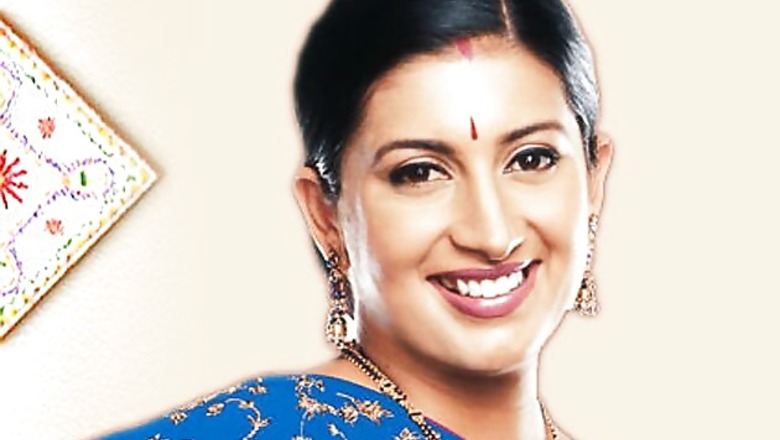
views
New Delhi: I am not going to talk about reality TV. Reality shows have destroyed the TV viewing experience everywhere, not just in India. They are a mindless, easier to produce sure-shot ratings hack and this post will not delve into that. This post is about fiction programming.
There was a time, when Doordarshan was the only TV network (it still is), and programming was great. You had dramas - Hum Log, Buniyad and comedies – Nukkad, Dekh Bhai Dekh. Then there came the cable TV channels – Zee, Star & Sony. All of them brought great content. The coming of age shows - Banegi Apni Baat (Zee), Just Mohabbat (Sony) – to name a couple. Then? Then calamity happened,
You see, at this time, only people in metros and big towns had access to television. These people were intelligent. Well-educated & knowledgeable. Then the big TV boom came. Ekta Kapoor began her barrage of daily soaps and simultaneously, satellite TV began picking up. Villages and small towns had access to TV and they were glued. The infamous K-soaps on Star were a goldmine. Other channels began taking notice. And then they followed suit.
The daily soap would ruin TV for the rest of us, forever. National TV. What is national TV? Why does it exist in India? Haven't people always talked about two Indias? The India of the cities and the India of the villages? We have multiplex movies. Where is the multiplex TV?
National TV panders to the lowest common denominator. There is no separate programming for the people in the cities. Every show on every channel has since been about the trials and tribulations in the life of a woman – with a few tweaks here and there.
There are no sitcoms, no comedies, what a boring, humourless people we are. The sitcom is the single most popular TV genre in the world, yet our TV channels continue with their soppy, sad stories. Like Johnny Lever in a 90s movie, SAB TV has all the comic responsibility on its frail shoulders – and they fail at it terribly. When they have the USP of being a comedy channel, one expects them to deliver quality programming. But they are just adapting the daily soap format and inserting forced gags and trivial, frivolous slapstick routines.
The BBC has made (and continues to make) some of the greatest TV shows ever. Their comedies have inspired countless writers, including yours truly. Their dramas are a rage worldwide and feature on the top of critics' list every year. Check out Sherlock's season - 2 reviews, for example. How do they manage to make such amazing content every year?
Well, for one thing, they don't care about ratings. Yes sir. They don't care about ratings because they don't have to show advertisements. Sitcoms last for 29 minutes not 22. BBC makes money not by selling advertising space but with license fees. Every household in the UK pays a license fee (like they pay taxes - BBC is a government organisation). Then it depends on the channel what to broadcast.
When ratings and the lowest common denominator govern programming, when it's a dog eat dog competition, it keeps getting worse and worse. But wait a second – we pay for these channels, don't we? All of these – Star, Sony, Colors are pay channels. Yet they show ads too. What is that all about? When it's a pay channel, there shouldn't be any ads. That's how it works everywhere in the world. You have your free channels which show ads and then you have your pay channels which show non-stop programming without any commercial breaks. Oh yeah, we've been cheated all along. Nice to meet you.
Even a typical half-hour show should last for 22 minutes and should have 8 minutes of advertising, which is completely twisted here. Why? We don't have TV seasons that's why. In the UK, one season lasts for 6 episodes and then they take a break. In the US, original Networks (NBC, ABC, CBS) run a season of 24 episodes and the cable channels(FX, AMC) have started running seasons of 10/13 episodes).
When a channel commissions a show it should say "Okay, so you make 13 episodes and take a break. If the content is good we'll bring you over for the next season, next year." But our channels continue pumping out episodes after episodes after episodes. It's like a factory, when it should be like an artisan's workshop.
That is why our entertainment is so fickle and trivial. On one hand you have Fawlty Towers, a British classic – only 12 episodes were made. Generations will watch the show together. Fathers will show it to their kids. They'll get nostalgic. And when Star Plus yanked Kyunki... after 1200 episodes, the producers cried foul. Seriously, when there is no importance attached to an episode, when you know if today's was horrible there is still 5 more to go in this week, the writers stop caring. SAB TV is taking out full page ads in the paper advertising how they are the number one comedy channel in the world on the basis of the number of episodes they make of each show – because they make a lot. Well played, gentlemen. Well played.
So how to save our television from this vicious circle of horrible programming, from this race to the bottom? Firstly, there should be different tv channels for people in the cities and different channels for people in the small towns, villages. We have regional channels (Marathi, Gujrati) but only one programming for all the Hindi speaking regions.
If the lifestyles are very different, the entertainment needs are very different as well. Secondly, we need seasons of a limited number of weekly episodes. I believe Yash Raj Films started something with Sony and though I didn't watch it, I've heard Powder was good. But then again low ratings played the spoilsport. Third, if it's a pay channel they shouldn't bother about ratings. I am ready to pay twice or thrice the amount if the programming is good. I guess you are too.
Lastly, the executives need to understand that TV is not a womenfolk exclusive domain, and they should get out of the sad-troubled-lady genre. Men want to watch TV as well, it's a whole new segment. But how do you expect a man in a city like Delhi to come home from work at 8 PM and watch a lady in a village crying about how she was not educated when she was a kid. Or a working mom? Or a college kid?
It's entertainment folks, entertain us. Stop preaching.
(The author: I created Company Bahadur - which is India's first web-series – in October 2009. Finished season 1 of 18 episodes in September 2011. It's available on YouTube.)










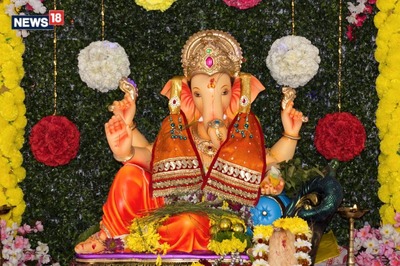
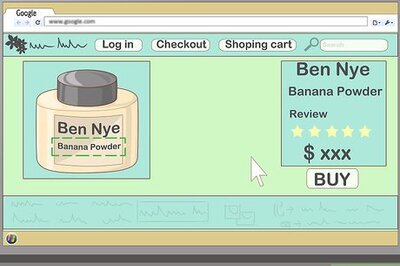
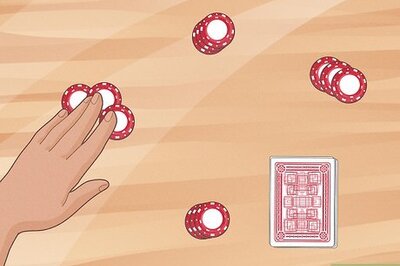



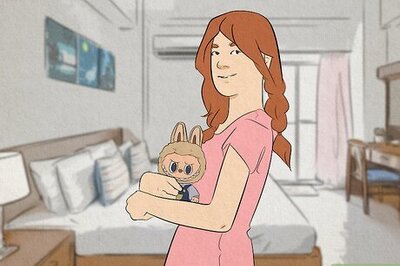

Comments
0 comment